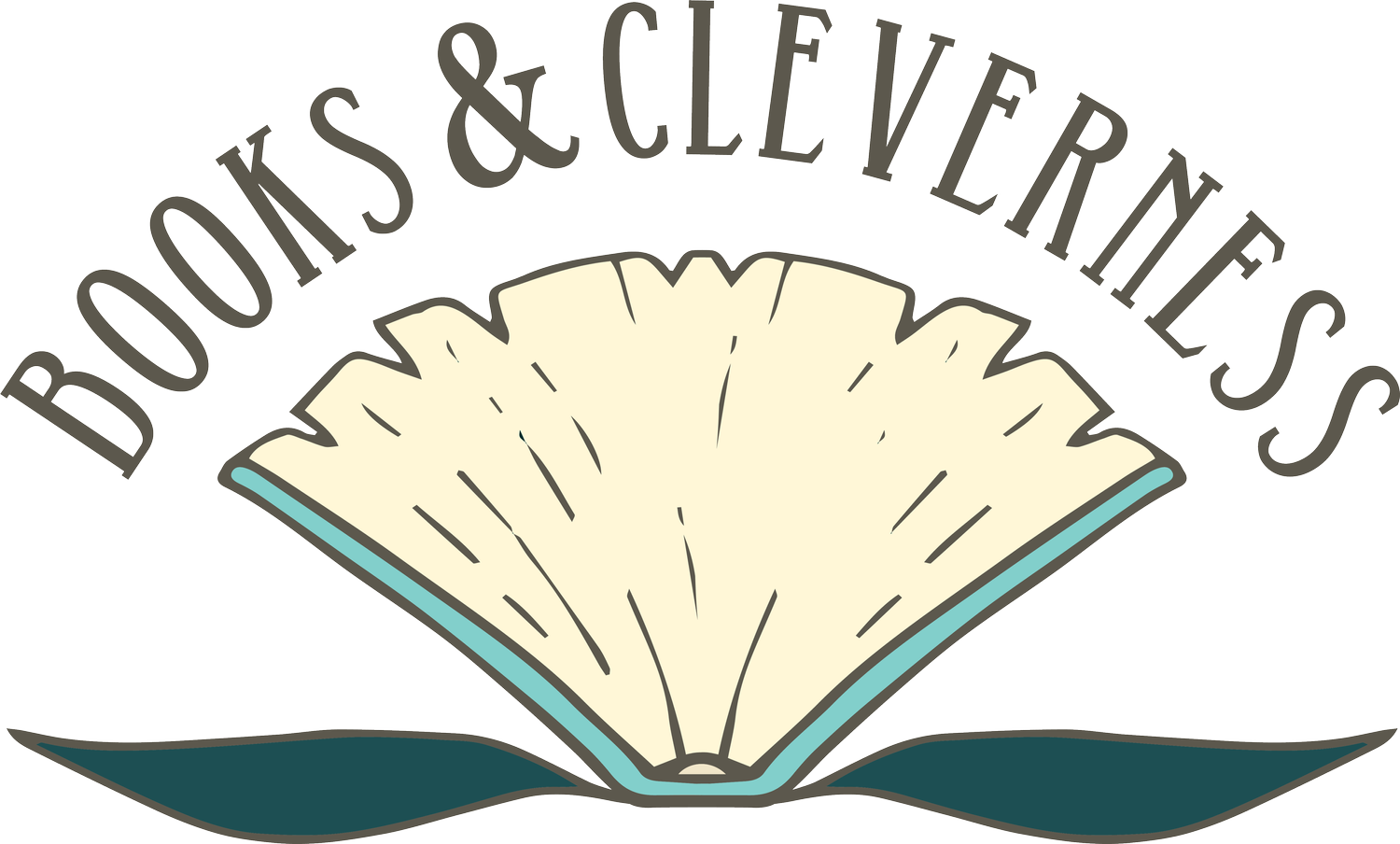An Interview with Bobi Conn
“She realized life sometimes shifts like that, pulling us down a pathway, and we follow like children rushing after bread crumbs along some forest trail, until we find ourselves somewhere different, and we find our selves are different as well, as if by magic.”
Bobi Conn
Kentucky-born author Bobi Conn has written a saga spanning decades but centered on the life of Rosalee - a woman pulled inexorably through her life by the men who control her, guided by the women who have loved and taught her. If you’re a fan of early twentieth-century history and supporting independent authors, A Woman in Time is a book for you. Continue reading for a look into Conn’s process and inspiration.
In your novel, Prohibition and the Great Depression are two of the biggest factors affecting the plot and characters. What about these historical events inspired you to write A Woman in Time?
As a child, I’d heard about how my Great-Grandma had struggled to make ends meet during the Great Depression, especially because my great-grandfather was in and out of prison due to moonshining, which became very prominent during Prohibition. Prohibition and the Great Depression hit Appalachia particularly hard. As I started asking questions about my great-grandmother’s life story, I realized these two historical backdrops would have been dominant themes in her young adulthood, affecting who she would be as a mother.
2. “Witchcraft is a word men use when they’re scared of women.” This quote particularly struck me as it pertains to most of human history, and in particular to A Woman in Time’s post-Industrial-but-rural landscape. Rosalee relies on the knowledge of the women before her, their natural tonics and medicines, but she is dragged reluctantly and inextricably into the technology of the future. How does the dichotomy of nature and technology play into your writing?
This dichotomy of nature and technology was another interesting theme that came up as I began imagining my great-grandmother’s life, which I portray through Rosalee. Eastern Kentucky remained much less connected to the world and, in some ways, continues to be less connected today. As I wrote, I was fascinated by thinking about the impact of technology during this same era, and how it would have impacted this region and individual lives, which were otherwise firmly bound to the natural landscape.
3. As a reader, I found it so frustrating how men used violence to control and subdue women, especially in an era when domestic abuse wasn’t seen as the blight it is today. As a writer, what is it like delving into the minds of your characters as they experience these trials?
As I developed these characters and scenes involving violence, I tried to imagine what it would have been like to experience them as socially and legally sanctioned events where women had little to no recourse or protection. The violence I experienced and witnessed as a child provided a foundation for the scenes and emotions, but it was still painful to step into these characters and try to understand the helplessness and lack of agency they would have been subject to. I feel like this is some of the most important work I can do through my writing, though – to tell the stories that aren’t often told, but which have affected all of us as descendants. That is to say, so much of the time, women’s experiences from this era haven’t been highly visible, but those women are our grandmothers, great-grandmothers, and so on. Their interior lives shaped their children and subsequent generations, and I think they deserve to be recognized and understood as well as we can do so.
4. You bravely tackle heavy issues, which I respect, especially your focus on post-partum issues. Does this specific theme hold significance for you?
I haven’t experienced significant post-partum issues but have deep compassion for the many women who have. I think post-partum care is largely overlooked in our medical approach to birth, and as I have mentioned in some of my other responses, women’s experiences as mothers has a significant impact on their children and therefore, our society as a whole. The more we can support mothers and children, the better outcomes we will have collectively. And while women in the era of this novel were limited to their knowledge of folk medicine – which was still incredible – we are in an immeasurably better position today to address these issues effectively.
5. Lastly, what does the future hold for you? Any other projects you’re exploring?
My next book explores my mother’s life, almost like a follow-up to my memoir that was published in 2020. This book should be released in 2023 and it explores similar themes as both my memoir and novel, but my mother’s young life took place in the 1970s and 1980s. It has been a transformative experience to write, and I’m eager to see the final outcome. After that, I am excited to return to Rosalee’s world and write more about her, following the McKenzie women through several more generations.


